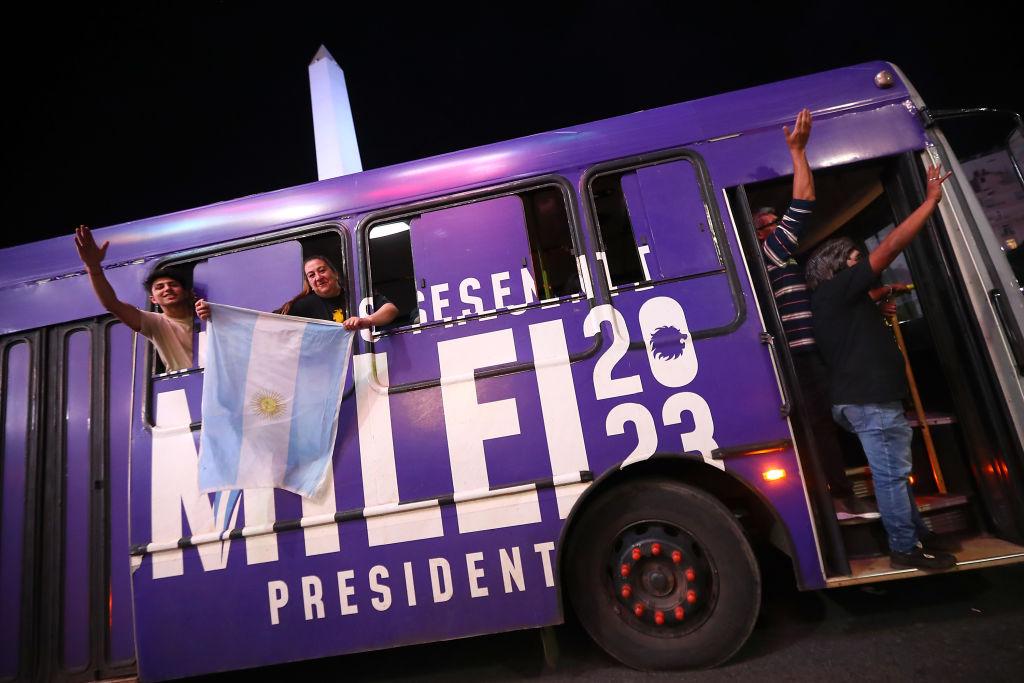Commentary
On Nov. 19, voters in Argentina faced one of the most important elections in their history. This was an election between freedom against the oppressive socialist ideas embraced by Peronism.

On Nov. 19, voters in Argentina faced one of the most important elections in their history. This was an election between freedom against the oppressive socialist ideas embraced by Peronism.